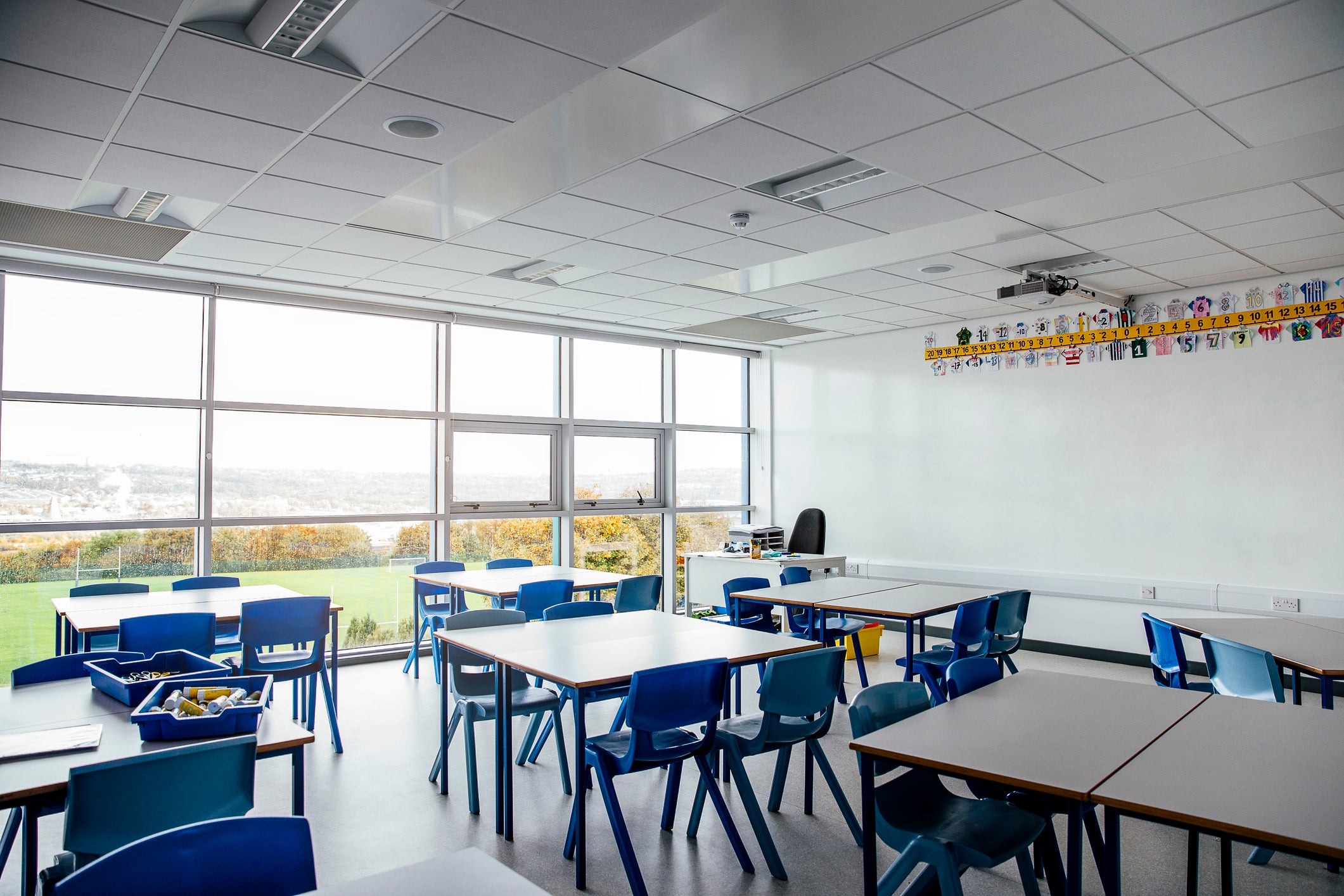School cuts badly hurt Theresa May – they will damage Boris Johnson too
Rocketing prices are not just a crisis for families, they are a crisis for institutions too


Your support helps us to tell the story
From reproductive rights to climate change to Big Tech, The Independent is on the ground when the story is developing. Whether it's investigating the financials of Elon Musk's pro-Trump PAC or producing our latest documentary, 'The A Word', which shines a light on the American women fighting for reproductive rights, we know how important it is to parse out the facts from the messaging.
At such a critical moment in US history, we need reporters on the ground. Your donation allows us to keep sending journalists to speak to both sides of the story.
The Independent is trusted by Americans across the entire political spectrum. And unlike many other quality news outlets, we choose not to lock Americans out of our reporting and analysis with paywalls. We believe quality journalism should be available to everyone, paid for by those who can afford it.
Your support makes all the difference.There is a strong argument that cuts to school funding cost Theresa May her majority in 2017 – and in the process changed the destiny of this country. No botched snap election; no Boris Johnson as PM and no getting Brexit “done”.
If you look back, May was determined to frame that election about “strong leadership” and “crushing the saboteurs”. The education unions had a different idea and staged perhaps the most effective political intervention in their history.
Many believe the “School Cuts” campaign – which used social media and digital marketing to alert millions of parents what would happen in their schools if funding reductions continued – played a very big part in swinging the electorate away from what at one stage looked like a Conservative landslide.
Jump forward to May 2022 and the current PM would do well to remember what happened five years ago.
Johnson is – quite rightly – distracted by the war in Ukraine and how the cost of living crisis is biting around the country. This week’s news that inflation has reached a staggering 9 per cent is only going to make things much, much worse.
But rocketing prices are not just a crisis for individual families, they are a crisis for institutions too. And in the case of our nation’s schools, it’s going to be very hard. The pips are most certainly going to squeak.
Headteachers, who enjoy an extraordinary level of financial autonomy, face horrifying bills. The price of heating classrooms is through the roof (not least because many keep their windows open because of Covid), while the price of feeding students on free school meals is now keeping many school leaders awake. For most schools the cost of FSM has already far outstripped the funding per-pupil allocated by Westminster.
Last month the National Association of Headteachers reported that hundreds of primary schools are cutting support staff provision or equipment provision because the price of heating is expected to climb by more than £27,000 next year on average. That is the cost of a new teacher or an experienced teaching assistant per school.
Food prices are expected to keep climbing, with one wholesaler warning yesterday that school dinner portions might even get smaller. It’s like something from a bleak Dickens novel.
And let’s not forget there are costs associated with rising levels of deprivation among students and families. It’s a lesser known fact that poor kids cost schools more – on top of the free meals, they need more support, more equipment and, in an ideal world, more teacher time.
To keep up to speed with all the latest opinions and comment, sign up to our free weekly Voices Dispatches newsletter by clicking here
The government could be doing more to help with this mounting emergency. Ministers could force all schools to join forces to buy energy collectively; they could offer better and more effective advice on running schools efficiently; they could support the installation of insulation in dilapidated primaries and secondaries. Most importantly, ministers need to increase the direct funding to schools. The Treasury needs to understand this is a crisis.
Young Britons sacrificed so much of their education to the battle against Covid. They deserve more than trying to catch up their lost learning as their headteacher cancels equipment orders because of the fuel bill.
If this moral imperative isn’t enough for Boris Johnson, then perhaps it’s more likely he’ll consider the electoral imperative. Maybe then, his well-known instincts for political survival will kick in and he’ll persuade Rishi Sunak to start writing cheques. After all, the next general election is only two years away.
Join our commenting forum
Join thought-provoking conversations, follow other Independent readers and see their replies
Comments